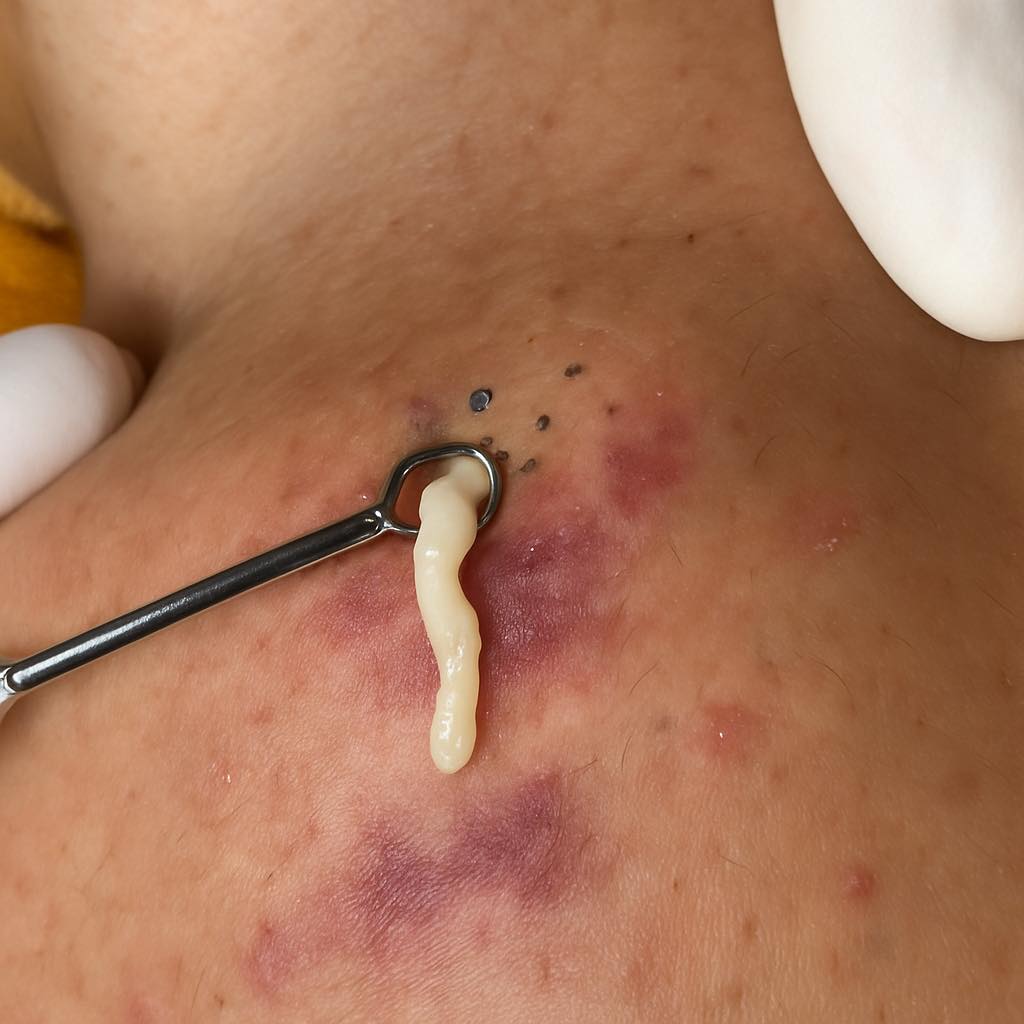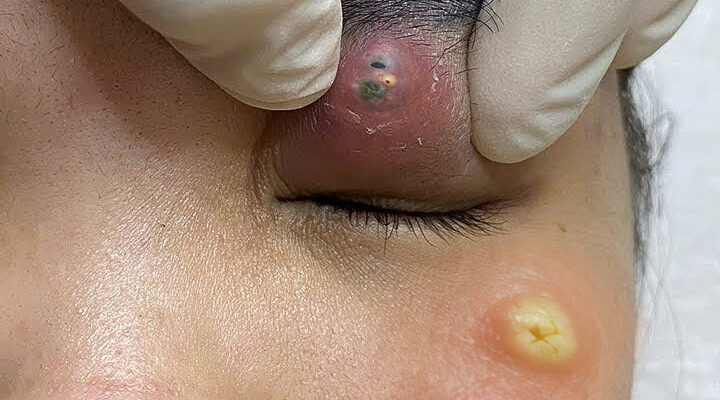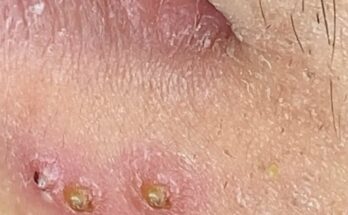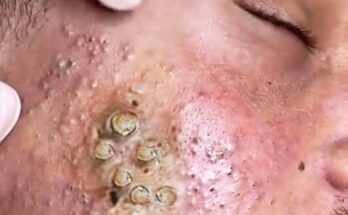Many people associate skin issues with external factors like pollution, skincare products, or weather. However, what we eat—and more importantly, how our bodies react to certain foods—can have a major influence on our skin. Food sensitivities, often overlooked, are a hidden trigger behind many chronic skin conditions.
Unlike food allergies, which cause immediate and sometimes severe reactions, food sensitivities can lead to delayed and subtle symptoms. These reactions often manifest through the skin, showing up as acne, eczema, hives, redness, itching, or even puffiness. The connection isn’t always obvious, which makes identifying the root cause more challenging.
Common food sensitivities linked to skin problems include dairy, gluten, soy, eggs, and processed sugars. These foods may trigger inflammation in sensitive individuals, disrupting gut health and weakening the body’s immune response. When the gut lining is compromised—sometimes referred to as “leaky gut”—toxins and undigested food particles can enter the bloodstream, potentially causing skin flare-ups.
The gut-skin connection plays a vital role here. A healthy gut helps regulate inflammation and eliminate waste efficiently. When gut health is compromised by food sensitivities, the skin often takes on the burden, acting as a secondary detox organ.

If you suspect food sensitivities are affecting your skin, consider working with a healthcare provider to try an elimination diet or allergy testing. Keeping a food and symptom journal can also help identify patterns.
Ultimately, clearer skin might not just come from creams or cleansers, but from looking within—starting with the foods we eat. By identifying and avoiding trigger foods, many people experience not only healthier skin but better digestion, more energy, and improved overall wellness.



